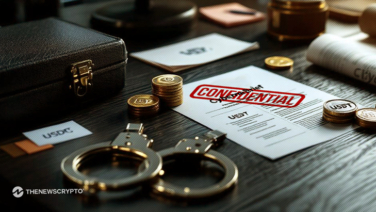- South Korea plans to allow charities and universities to sell donated crypto assets starting in Q2 2025.
- The FSC will allow 3,500 listed corporations to open real-name crypto trading accounts.
The Financial Services Commission in South Korea plans to enable fund sales from digital asset donations in 2025. Operations such as charities, universities, and cryptocurrency exchanges receive the capability to convert their donated crypto assets into cash. The regulator also seeks to launch a pilot program on corporate crypto trading.
Previously, nonprofit organizations could receive digital asset donations but could not liquidate them. The new policy allows them to sell these assets for cash. Universities can also sell donated crypto for operational funding. Additionally, exchanges can liquidate their holdings received as user-generated fees. However, mass sales by exchanges will be regulated to prevent conflicts of interest.
Exchanges will be able to sell their crypto holdings only after receiving a common ‘Sales Guideline’ from the FSC. This is due to the increased interest in institutional adoption of cryptocurrency trading in South Korea.
Pilot Program for Institutional Investors
By the middle of 2025, the FSC will start the pilot program by opening 3,500 corporate accounts permitting real-name crypto transactions. The program applies to the listed firms and professional investors under the Capital Markets Act. It does not accommodate financial institutions but opens the door to highly leveraged entities in the industry.
Crypto trading has long been restricted to corporate access in South Korea. Authorities have prevented companies from opening exchange accounts since 2017 over speculation and money laundering worries. The new program aligns with the global trend where many countries allow corporate crypto investments.
Banks to Offer More Services to Crypto Firms
The FSC has directed banking institutions in the country to offer additional services to companies in the cryptocurrency industry. This involves permitting law enforcement to liquidate any crypto assets that have been confiscated. Banks will have to enhance the control measures used in executing transactions to prevent illicit activities.
In Korea, retail investors need to open real-name accounts to trade crypto on exchanges that support Korean won transactions. Although individuals can freely open accounts, corporations still remain limited. The current reforms are designed to address this gap while addressing the issues of compliance.
Highlighted Crypto News for Today
Coinbase Eyes Indian Market Re-entry After Binance’s Success








